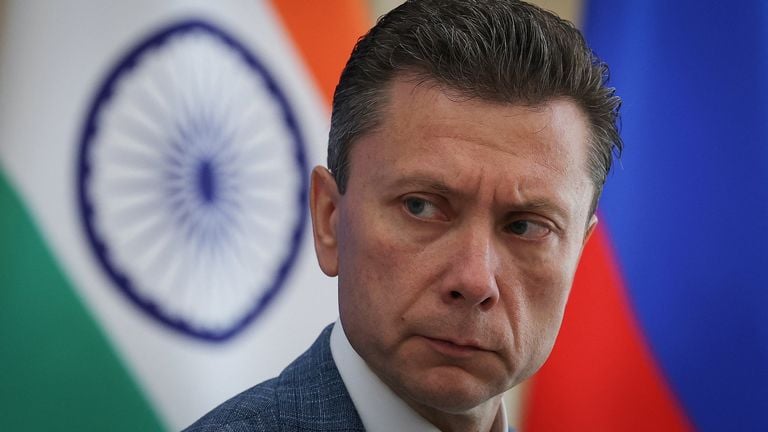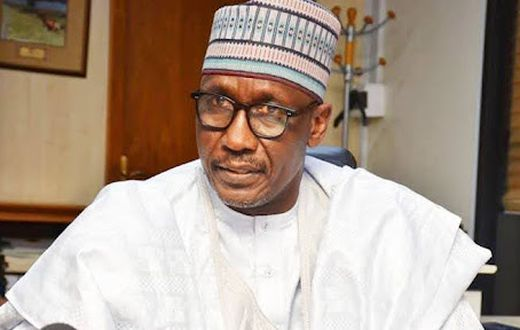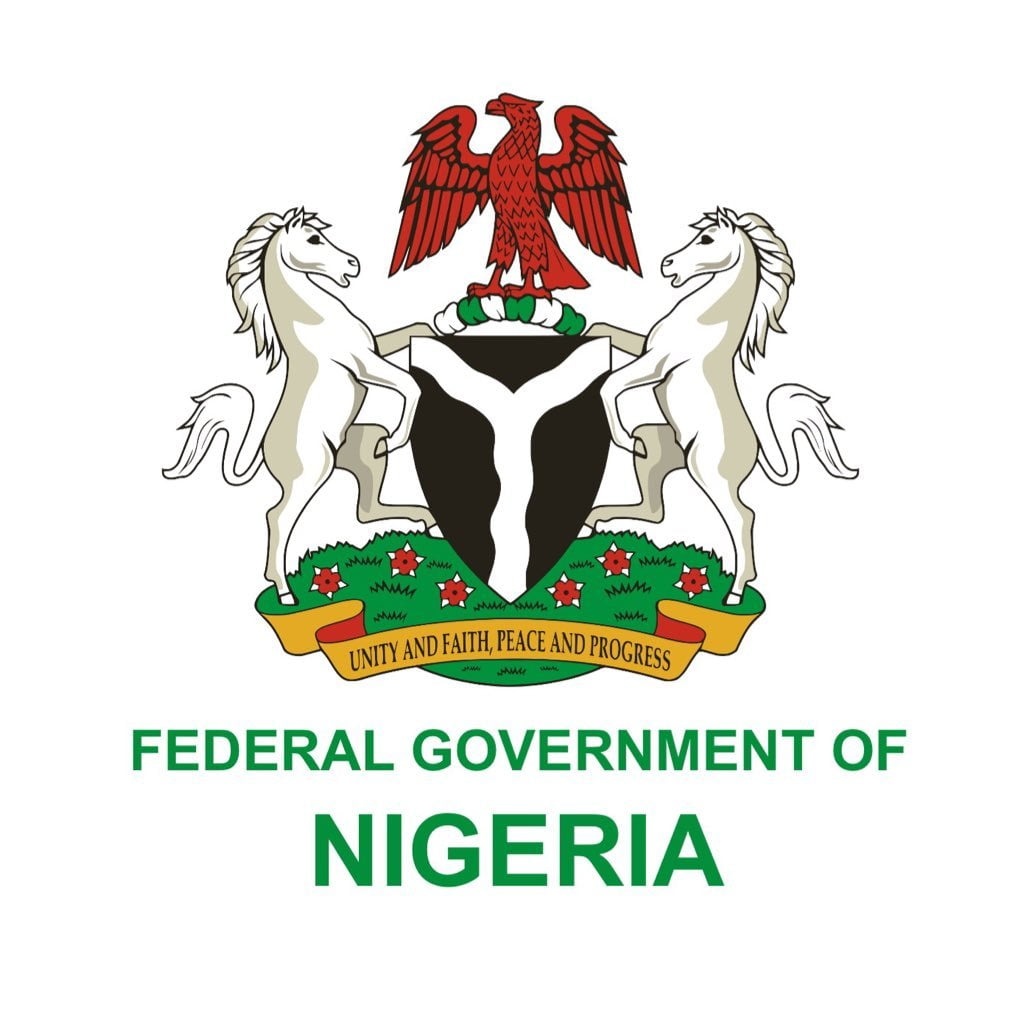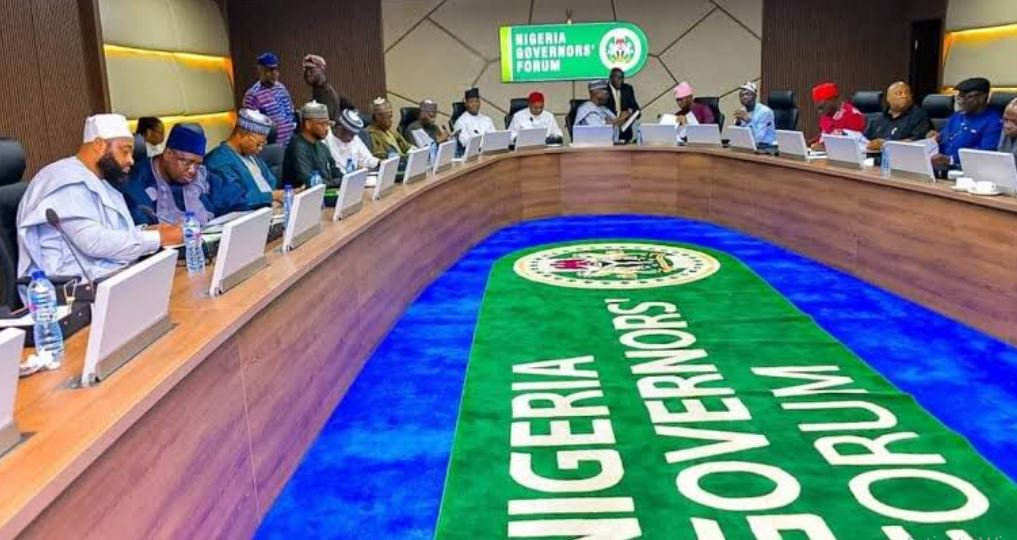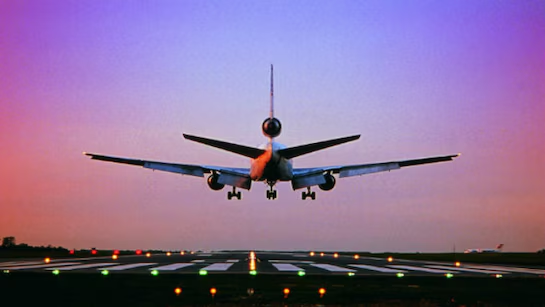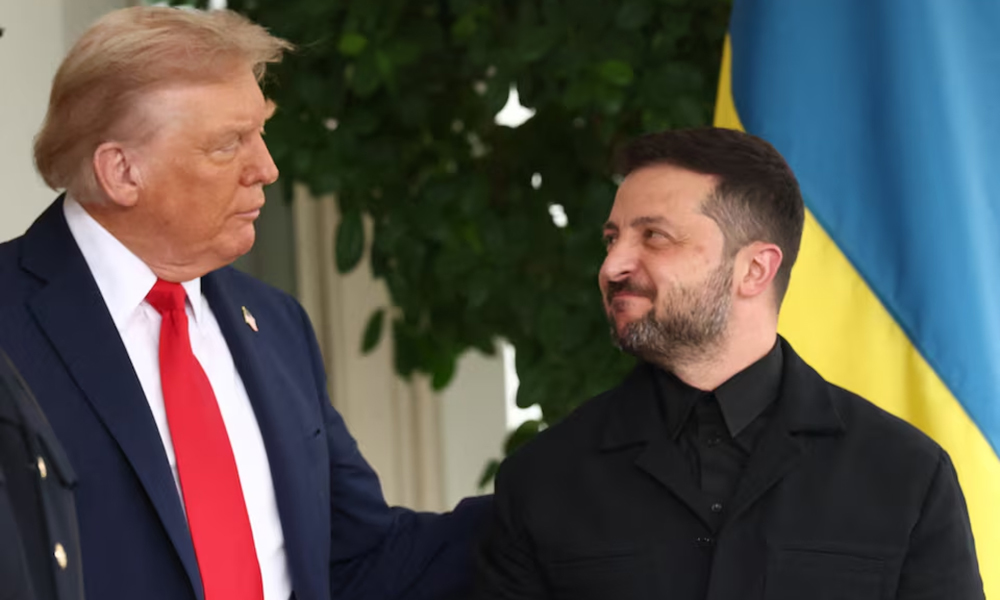President Donald Trump on Wednesday confirmed the relocation of U.S. personnel from parts of the Middle East, citing rising security threats and warning that the region “could be a dangerous place.” He reaffirmed his administration’s firm stance that Iran must not be allowed to develop a nuclear weapon.
According to a Reuters report citing American and Iraqi sources, the U.S. is preparing for a partial evacuation of its embassy in Baghdad. In addition, military family members are being permitted to voluntarily depart from key U.S. installations in countries including Bahrain and Kuwait. The specific nature of the threats prompting the move has not been publicly disclosed.
The news triggered a sharp reaction in global markets, with oil prices jumping more than 4% amid fears of deepening regional instability.
The State Department formally updated its global travel advisory Wednesday evening, confirming: “On June 11, the Department of State ordered the departure of non-emergency U.S. government personnel due to heightened regional tensions.”
The relocation comes amid a deadlock in negotiations between Washington and Tehran over Iran’s nuclear program. U.S. intelligence sources have also indicated that Israel may be preparing for potential military action against Iranian nuclear facilities, further fueling regional anxiety.
“They’re being moved out because it could be a dangerous place,” Trump said during a press briefing. “We’ve given notice to move out. We’ll see what happens.”
Asked about the potential for diplomatic de-escalation, Trump was blunt: “They can’t have a nuclear weapon. Very simple.”
The president has consistently threatened military action if diplomatic efforts fail to prevent Iran from advancing its nuclear capabilities. In a separate interview released earlier Wednesday, Trump expressed skepticism that Tehran is willing to halt uranium enrichment, a core U.S. demand in any renewed agreement.





